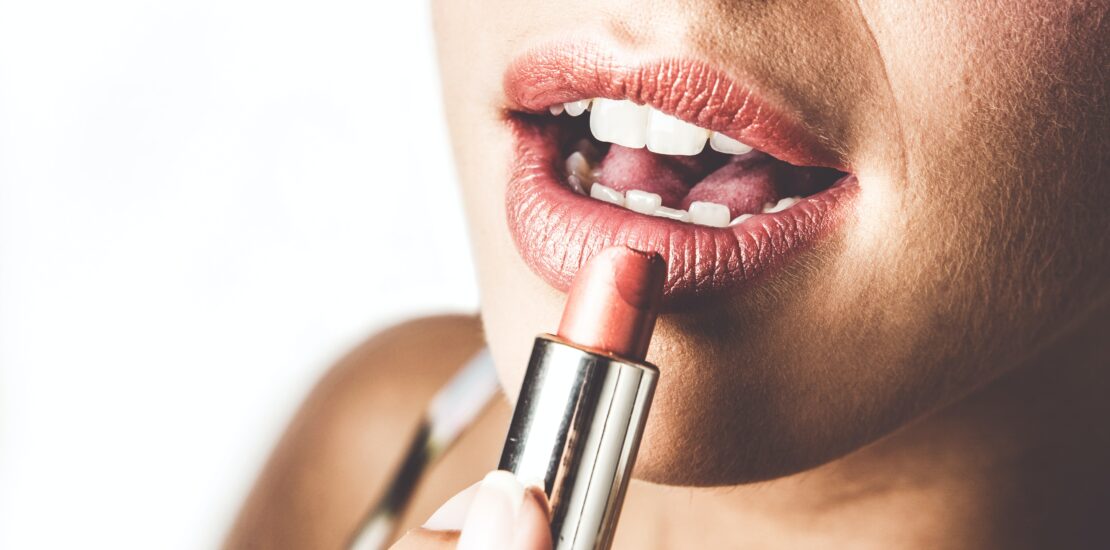- January 4, 2021
- Posted by: Otto Volgenant
- Category: All posts

Geen rectificatie in asbestzaak
23 december 2020 – Mr. Online
Mag EenVandaag waarschuwen tegen asbest in make-up van Hema? De rechter wijst het vooraf gevorderde uitzendverbod af. Ook de vordering tot rectificatie slaagt niet.
Actualiteitenprogramma EenVandaag laat vijftig make-up producten testen op vervuiling met asbest. Als er asbest in make-up zit, is niet uitgesloten dat er deeltjes worden ingeademd. Asbest is bij inademing een kankerverwekkende stof. In twee van de vijftig producten wordt daadwerkelijk asbest aangetroffen. Een van die producten is een foundation van de Hema. Hema haalt het product direct uit de schappen en laat het zelf door TNO testen. TNO treft echter geen asbest aan in de aangeleverde monsters. Hema legt de make-up daarom weer in de schappen. EenVandaag laat de make-up nogmaals testen, door twee andere experts. Die treffen wel weer asbestvezels aan.
Dat de uitkomsten van de tests verschillen kan verschillende oorzaken hebben. Het kan ermee te maken hebben dat de experts andere onderzoeksmethoden gebruiken. Ook kan asbest ongelijkmatig in een product voorkomen, waardoor in het ene sample geen asbest wordt aangetroffen, en in een ander sample uit hetzelfde product wel. Hema wil voorkomen dat EenVandaag in een televisie-uitzending bekendmaakt dat er asbest in de make-up van de Hema zit, nu TNO geen asbest heeft aangetroffen. Hema vreest te worden weggezet als onderneming die het niet zo nauw neemt met de veiligheid van haar klanten. Hema probeert daarom in kort geding de uitzending te verbieden. Het kort geding vindt twee dagen voor de uitzending plaats.
De vordering van Hema heeft geen succes. Rechters zijn erg terughoudend bij het toewijzen van een voorafgaand uitzendverbod. Dat gebeurt alleen in uitzonderlijke omstandigheden. Voor een preventief verbod ziet de rechter in dit geval geen aanleiding. Er ís immers asbest aangetroffen in de make-up die Hema verkoopt. Dat TNO niets heeft aangetroffen, maakt de conclusie van de drie experts die EenVandaag inschakelde niet anders. En omdat EenVandaag het item niet vooraf wil tonen, moet Hema maar achteraf terugkomen als ze vindt dat de uitzending onrechtmatig is.
EenVandaag zendt het item op 7 oktober 2020 uit, en na uitzending wordt het kort geding voortgezet. Nu vordert Hema rectificatie. Hema vindt nog steeds dat niet kan worden gezegd dat in haar make-up asbest zit, nu TNO geen asbest heeft aangetroffen. Ook deze rectificatievordering van Hema wordt afgewezen. De rechter overweegt dat uit het onderzoek van TNO niet volgt dat het standpunt van de andere drie deskundigen onhoudbaar is. De boodschap van EenVandaag is weliswaar niet neutraal, maar Hema wordt niet nodeloos in een kwaad daglicht gesteld. EenVandaag mag zich kritisch en waarschuwend uitlaten over misstanden die de samenleving raken. Dat belang weegt zwaarder dan het belang van Hema bij bescherming van haar reputatie. En Hema kan haar eigen mening en de rapportage waarop zij zich baseert zelf ook uitdragen, aldus de rechter. Hema blijft ondanks alle ophef het product verkopen.
- January 4, 2021
- Posted by: Otto Volgenant
- Category: All posts

